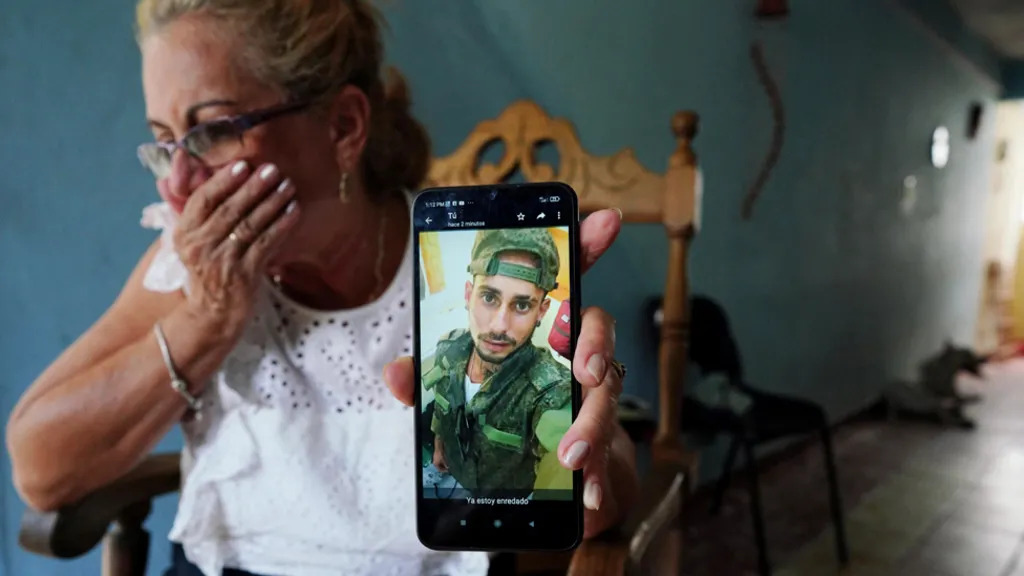Russia is luring Cubans to war against Ukraine

Facebook has witnessed a massive recruitment of Cubans into the Russian army, BBC reports. The study showed that, according to leaks, more than a hundred Cuban citizens may have joined the Russian military.
Here's What We Know
According to InformNapalm, the passport details of more than 200 Cubans who joined the Russian army have been published online. The passport data was obtained, according to the website, by hacking the email of a Russian officer from Tula who was involved in recruitment.
The offer of a lucrative salary in the region of $2000 per month, a huge sum for Cuba, where the average salary is far from exceeding $25, aroused the interest of Cubans. An additional motivation was the promise of Russian citizenship upon completion of their service.
Bringing Cubans to Russia is relatively easy. The two countries have been allies since the Cold War, Cubans do not need a visa to travel to Russia, and direct flights to Moscow make travelling easy.
Meanwhile, the military contracts offered by Russia attract Cubans desperate to escape the worsening economic crisis on the island, which is under US sanctions.

At the same time, Cuban citizens who are already in the Russian army have been posting photos of themselves in uniform on Facebook, indicating that they are participating in Russia's war against Ukraine.
Although official figures on the number of Cubans in the Russian army are hard to come by, Ukraine's diplomatic representative to Latin America mentioned 400 Cubans who have joined the Russian army.
This movement also raises security issues, as some of the Cubans heading to Russia may not even realise that their service may end up on the frontline in Ukraine, rather than on construction sites as promised.
Ukrainian authorities have noted an increase in the number of foreign fighters joining Russian troops, as well as foreigners being found among prisoners of war on the battlefield.
Petro Yatsenko, a spokesman for the Ukrainian Agency for Prisoners of War, told the BBC that many of them came from low-income countries such as Cuba, India and Nepal, as well as some African and Central Asian countries.
Source: BBC